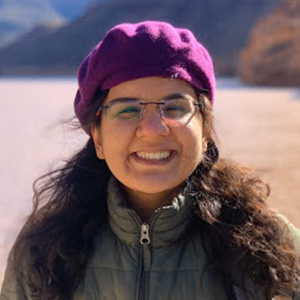In memoriam: James Whitlock
James Palmer Whitlock Jr., a professor emeritus at Stanford Medicine who had studied the toxic chemical in the herbicide Agent Orange, died Feb. 16 at age 80. He had pancreatic cancer.

Born June 18, 1942, to James Palmer Whitlock Sr. and Barbara Jane Smith in Elizabeth, New Jersey, Whitlock received a B.S. from Princeton University in 1964 and an M.D. from Temple Medical School in 1969. He completed a pediatric residency at Columbia Presbyterian Medical Center and was a senior staff fellow at the National Institutes of Health.
Whitlock joined the Stanford School of Medicine in 1978 and taught pharmacology until his retirement in 2007. He was the chair of the molecular pharmacology (now chemical and systems biology) department in the early 1990s. A dedicated teacher, he taught for seven years after he retired, even after ceasing active research. His lab at Stanford worked almost exclusively on dioxin.
Dioxin is a highly toxic pollutant found in herbicides including Agent Orange, which was used extensively by U.S troops to defoliate crops and forests during the Vietnam War. Exposure can cause cancer and reproductive or immunological defects in animals and humans.
Whitlock provided structural and mechanistic insights into the interaction between dioxin and its aromatic hydrocarbon receptor, or AhR, in cells. He also discovered the core DNA sequence in the enhancers that binds to the dioxin–receptor complex. His work uncovered molecular mechanisms by which dioxin regulates gene expression in the body, leading to health problems.
Whitlock received the Agnes Axell Moule Faculty Scholarship in 1980 and the American Cancer Society’s Faculty Research Award from 1981 to 1986. He was a member of the American Society for Biochemistry and Molecular Biology from 1977 until he died.
An avid soccer player, Whitlock continued playing into his 50s. He contributed to charitable causes and created an endowment for faculty members at his preparatory school alma mater. In his retirement, he became a photographer and created calendar of photos with themes such as “Pollinators” and “Butterflies” for Christmas presents.
He is survived by his wife of 25 years, Lynn Pulliam, a professor at the University of California; two children and two stepchildren; seven grandchildren; a sister and two brothers; and his ex-wife, Rosalie.
Enjoy reading ASBMB Today?
Become a member to receive the print edition four times a year and the digital edition monthly.
Learn moreGet the latest from ASBMB Today
Enter your email address, and we’ll send you a weekly email with recent articles, interviews and more.
Latest in People
People highlights or most popular articles
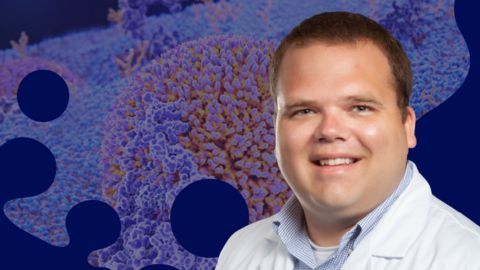
Meet Robert Helsley
The Journal of Lipid Research junior associate editor studies chronic liver disease and was the first in his family to attend college.
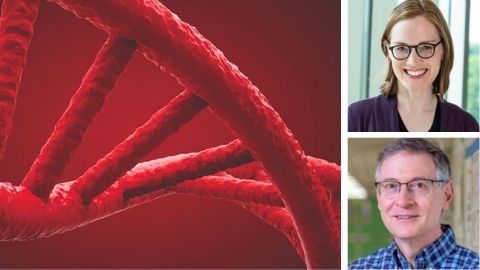
Exploring life’s blueprint: Gene expression in development and evolution
Meet Julia Zeitlinger and David Arnosti — two co-chairs of the ASBMB’s 2025 meeting on gene expression, to be held June 26-29, in Kansas City, Missouri.
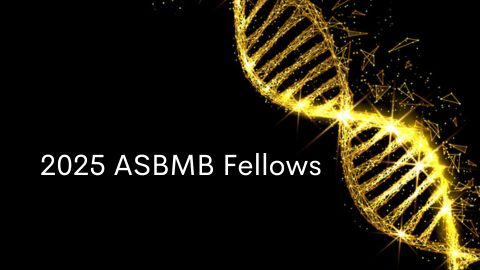
ASBMB names 2025 fellows
American Society for Biochemistry and Molecular Biology honors 24 members for their service to the society and accomplishments in research, education, mentorship, diversity and inclusion and advocacy.

When Batman meets Poison Ivy
Jessica Desamero had learned to love science communication by the time she was challenged to explain the role of DNA secondary structure in halting cancer cell growth to an 8th-grade level audience.
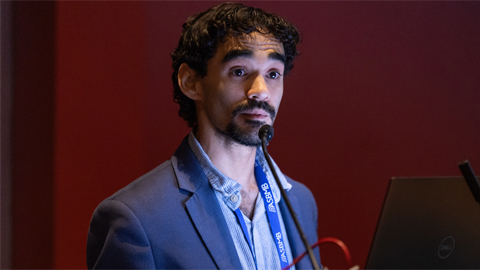
The monopoly defined: Who holds the power of science communication?
“At the official competition, out of 12 presenters, only two were from R2 institutions, and the other 10 were from R1 institutions. And just two had distinguishable non-American accents.”
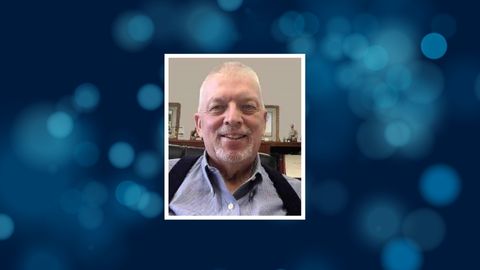
In memoriam: Donald A. Bryant
He was a professor emeritus at Penn State University who discovered how cyanobacteria adapt to far-red light and was a member of the American Society for Biochemistry and Molecular Biology for over 35 years.

